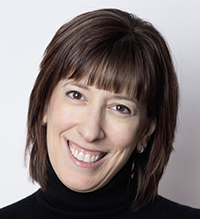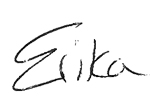04/03/2020
Why is this Passover Different from all Other Passovers?
- Share This Story

A value of the Jewish people is focusing on the future. Nothing that we do is for our benefit – and everything that we do is to plant seeds for the future. The Jewish people are the original long-term planners. With this in mind, I ask you to please join my family and be alone in your home on Passover.
Why is this Passover different from all other Passovers?
On all other Passovers, we congregate with friends and families, often in large groups. On this Passover, we sit by ourselves, or with those that we live, or on “Zoom.”
On every Passover, we retell the story of the exodus from Egypt so that in every generation people see themselves as having once been slaves. On this Passover, we recognize that being part of a community means that our actions impact others.
On this Passover, we choose physical distancing, because if we come together we put ourselves, our friends, families, and loved ones at risk.
Passover is the most observed Jewish holiday – by Jews and others even outside of the Jewish people. I love Passover. I grew up at my family’s seder and that of a close family friend who had actually left Egypt herself. The retelling of the story is about more than the story itself, but about the family and food traditions I cherish and want to pass to my children. It saddens me that we can’t host our normal 40-person seder this year. But the actions of each individual and family in our community will determine the physical health of the rest of the community.
There is no real choice but to do things differently this year to ensure that there will be a next year (a l’shana haba’ah) for others in our community.
I heard from many of you in response to last week’s message. You asked me to make it clear that no one wants to stay at home without seder guests – but that there is no choice. Some of you said that you will have a small seder and then in a few months another with family. Others will join a virtual seder. To that end, there are many creative ways that people are connecting with others for seders.
Every seder ends with L’Shana Haba’ah b’Yerushalayim – next year in Jerusalem. Let me offer up a few additions. Next year in good health. Next year with your relatives of all ages. Next year with new and old friends. Next year with community. Next year in Cleveland and in Jerusalem.
Stay home, stay healthy, and stay in touch.
Shabbat Shalom,

Erika B. Rudin-Luria
President

